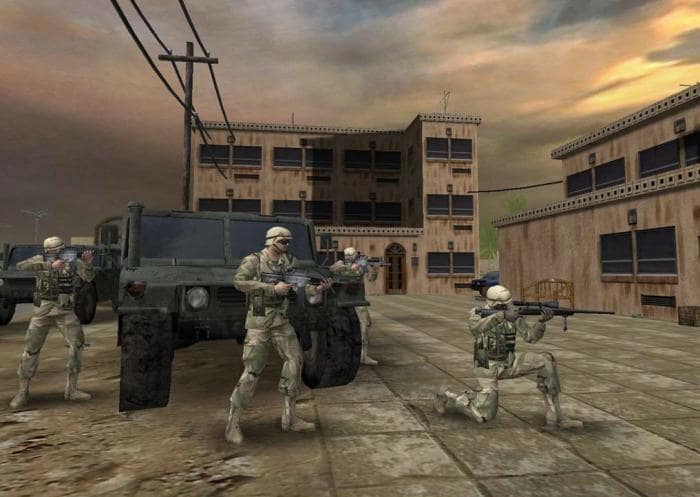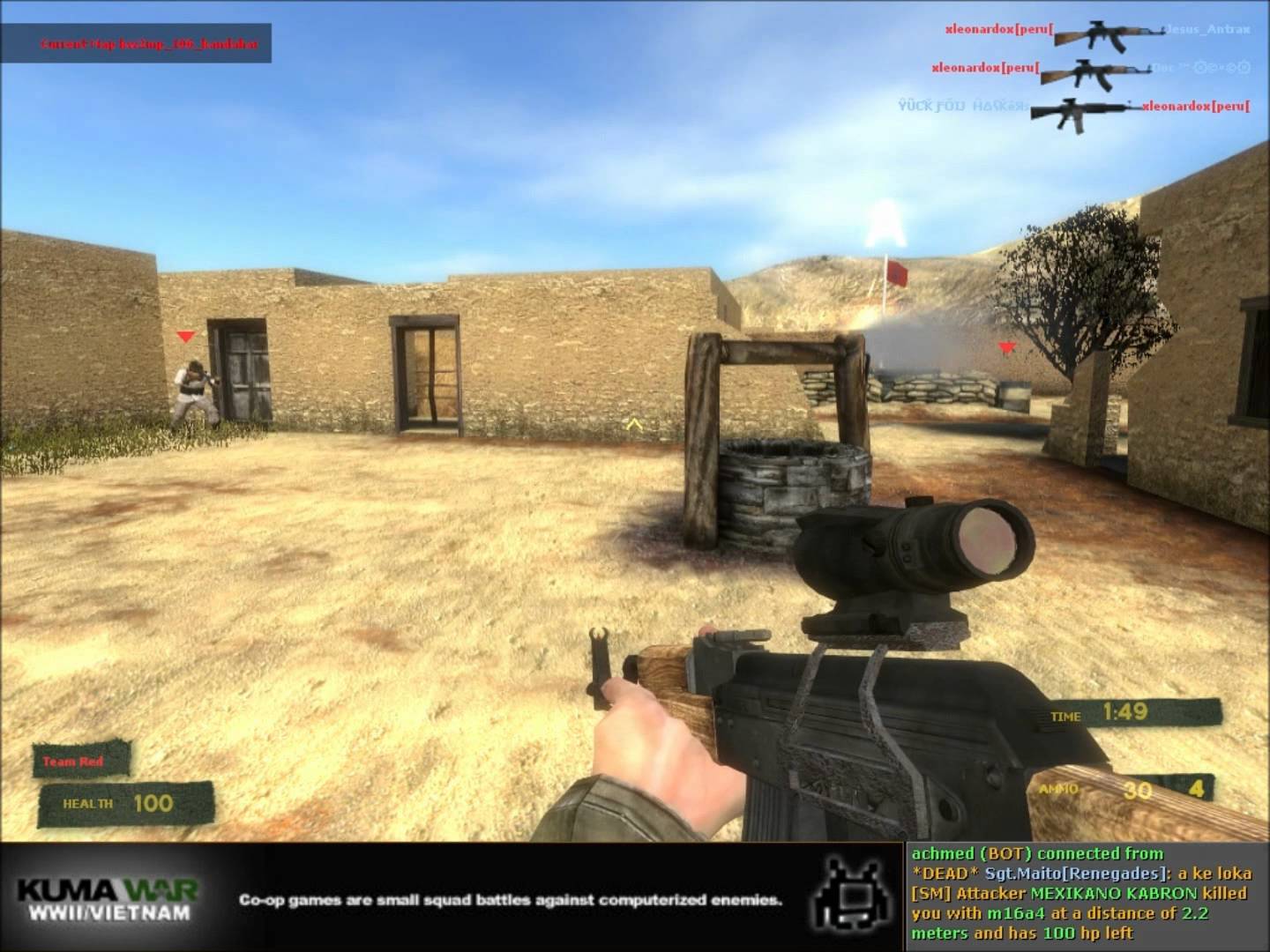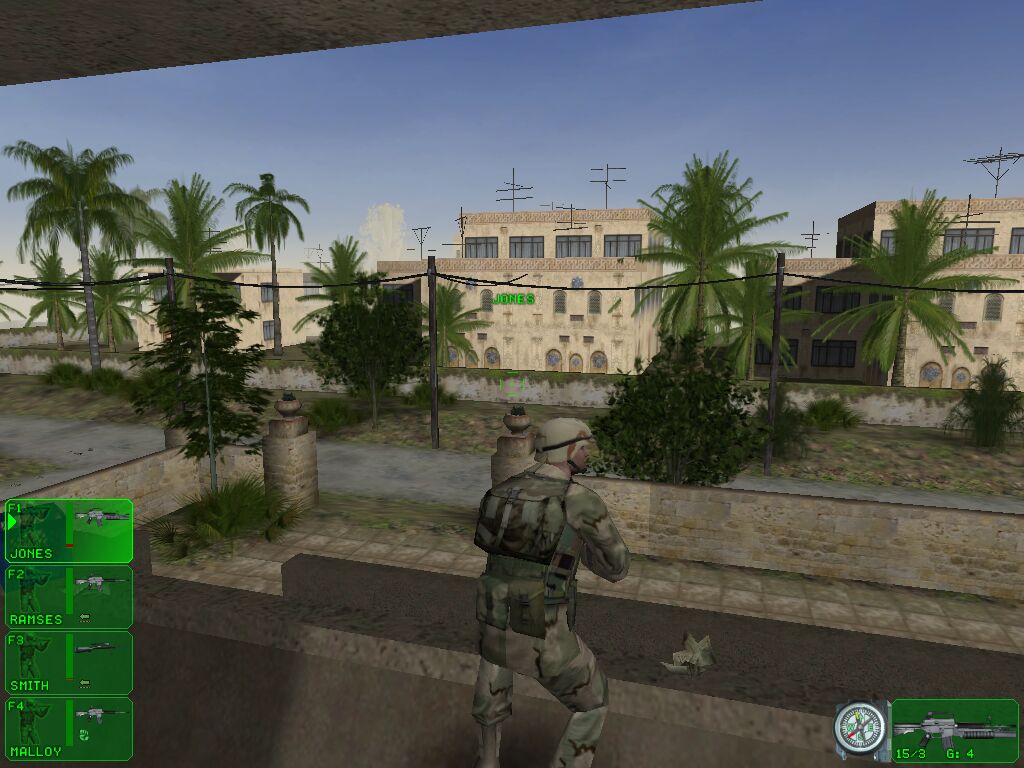1979 Revolution: Black Friday might be one of the ambitious games ever made, certainly the riskiest. It’s a game about the 1979 Iranian Revolution, and is the culmination of decades of hatred towards the United States and a Shah (King) who strove to turn Iran into a more Westernized country. It’s a miracle 1979 Revolution: Black Friday even exists. After a failed Kickstarter campaign in November 2013, developer iNK Stories spent the next year or so simply trying to secure funding. It definitely isn’t the kind of game any publisher would ever dare put money towards, not without turning it into a first person shooter with a leading American hero at least.
For Games of History, I took a look at the history and political situation surrounding the game. Join me as I take a look at the history of Iran, what lead to the revolution, what finally triggered it, how it went down, the immediate aftermath, and what Iran is like today.
The Real Life Stories Video Games Can Tell
This might be the most interesting topic I’ve ever done a video on. That’s mostly down to the little details, and the fact that it’s such a unique background for a video game. One such detail is the story of Amir Hekmati, a former US Marine and developer who was arrested by the Iranian government in 2011, and tortured until he made a false confession about being a spy.
1979 Revolution was developed by iNK Stories. The team is full of Iranian developers, most were born in the Middle Eastern nation, but some still lived there during production. At least, they were still living there. One concept artist, who goes only by “Mr. Phoenix” online, lived in Iran and left after word began to spread about the game.
But the most prominent member of the team is iNK Stories’ founder, Navid Khonsari. He was branded a spy by the Iranian government, specifically for his work on this game.
The Stories Games Can Create
Khonsari and his team were right to be afraid. In August 2011, Amir Hekmati, was arrested on charges of spying while visiting his grandmother in Iran. Hekmati was also a game developer working on the Kuma War series, a first person shooter franchise set in the Middle East. These games delve into topics most other modern shooters don’t touch. Some of these mission include the capture of Libyan dictator Muammar Gaddafi, the 1996 North Korean commando raid into South Korea, and most notably the capture of Saddam Hussein.
Kuma War has released multiple episodes featuring Iran, including a fictional mission about a special forces team assaulting a nuclear weapon facility. Former Iranian president Mahmoud Ahmadinejad made Iran’s nuclear weapon program a point of national pride, so if there’s one mission in the game that grabbed Iran’s attention, it’s likely that one.
 Over the next four years, Hekmati was kept in one of Iran’s notorious political prisons. While there, he was frequently tortured, including getting the bottom of his feet whipped (a practice known as bastinado), sensory deprivation, and even being given drugs just so his guards could get him hooked before forcing him to go through withdrawal.
Over the next four years, Hekmati was kept in one of Iran’s notorious political prisons. While there, he was frequently tortured, including getting the bottom of his feet whipped (a practice known as bastinado), sensory deprivation, and even being given drugs just so his guards could get him hooked before forcing him to go through withdrawal.
In December 2011, four months after his capture, Hekmati appeared on Iranian state television, “confessing” to working for a video game company in an attempt to manipulate popular opinion of the Middle East in the West.
“After [working for DARPA], I went to Kuma [Games Company]. This computer company was receiving money from the CIA to (produce) and design and distribute for free special movies and games with the aim of manipulating public opinion in the Middle East. The goal of the company in question was to convince the people of Iran and the people of the entire world that whatever the U.S. does in other countries is a good measure.”
Hekmati’s family says the confession was coerced out of him, and that he had no choice. According to a Kotaku article written by Stephen Totilo in 2011, Kuma Games Company did say they had done contract work for the US Government, primarily helping them developer computer simulations designed for military training. According to the article:
“Kuma has not only done ripped-from-the-headlines military games. It has made video games about dinosaurs and mobsters. It has done contract work for major American cable TV networks.”
Terrible News, But a Return Home
On January 9, 2012, Hekmati was declared an “enemy of god,” in a trail in which he wasn’t allowed to offer any defense. He was sentenced to death, but luckily this was overturned, and he was instead given a 10 year prison sentence. It would take another four years – January 16, 2016 – until Hekmati, along with three other US citizens, to be freed in a prisoners swap deal between the US and Iran.
Not long after coming home, Hekmati sued the Iranian government, claiming he was falsely imprisoned and tortured. On October 3, 2017, Hekmati won the case by a default judgement (meaning nobody from Iran bothered showing up in defense) and was rewarded $63 million. Hekmati will never see a penny from Iran, and he probably knows that.
Today, relations between Iran and the United States are tenuous. With the election of Agent Orange as United States President, the highly publicized and applauded Iran Nuclear Deal looks like it could be torn to shreds any day. Trump may also name Iran’s Revolution Guard, a military police force within the country, as a terrorist organization, to which Iran threatened to bomb American military bases in the Middle East.
This is an ever evolving, ever changing story, but if you want to see how it started and how it got here, you’re going to have to check out the video above.





